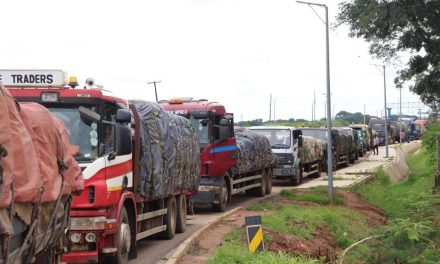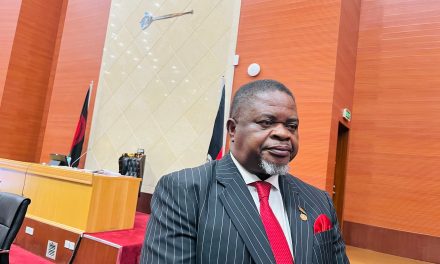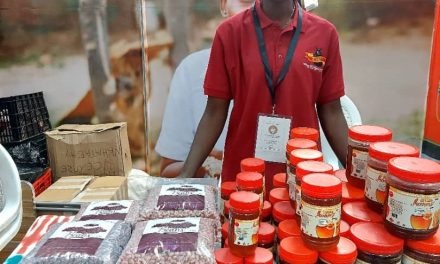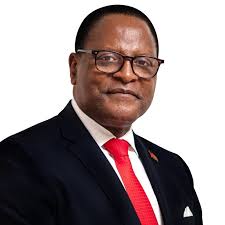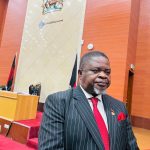
Malawi’s Fuel Shortage: A Crisis of Fiscal Discipline and Preparedness.
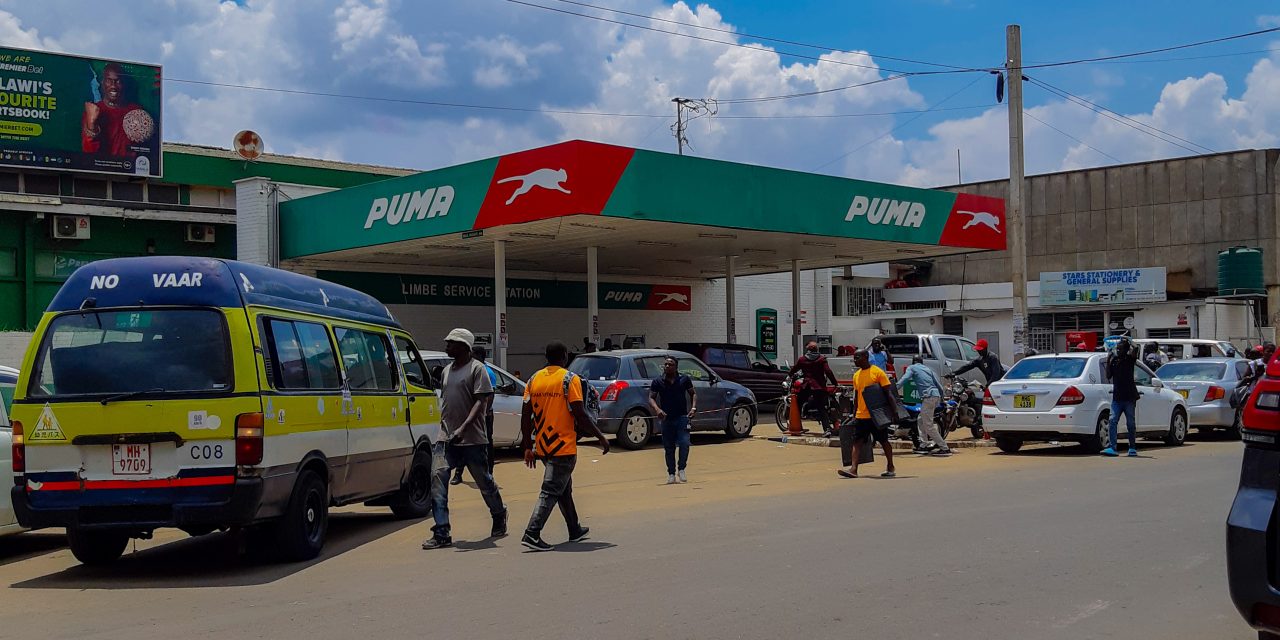
Malawi is grappling with a fuel crisis that has disrupted daily life, crippled vital sectors, and exposed glaring weaknesses in fiscal discipline and planning. For weeks, the nation has been in turmoil as fuel shortages wreak
havoc on transportation, education, healthcare, and private sector operations.
Students across the country face difficulties reaching school due to unreliable public transport. Millimo Khoma, Director of Lexas Private Secondary Schools in Blantyre, highlighted how laboratory activities have also stalled. “Our learners rely on public transport, and our generators remain idle due to lack of diesel,” he said. The healthcare
sector faces even graver challenges, with rural hospitals unable to transport patients or power essential
equipment. Dr. Emily Nthara of Queen Elizabeth Central Hospital described the situation as an emergency.“Ambulances are stuck, and procedures are delayed due to power outages,” she lamented.
The electricity sector, already struggling with demand, has been forced to cut back further. The Electricity Generation Company of Malawi (EGENCO) has reduced supply to areas like Likoma and Chizumulu Islands, securing only 40% of the diesel needed to sustain solar systems. Residents are left in the dark for extended periods,
with EGENCO urging energy conservation.
The private sector is equally hard hit, with businesses scaling back or halting operations entirely. Manufacturing, transport, and power generation have slowed, raising concerns about Malawi’s economic viability. Economist Kelvin Phiri warns that investor confidence is waning.
“Persistent shortages of essentials like fuel and electricity send a red flag to potential investors,” he said, noting the long-term implications for economic growth. While the government has introduced measures like fuel rationing to curb hoarding and black-market sales, the fixes are temporary. Minister of Information Moses Kunkuyu revealed ongoing negotiations for a $100 million facility from the Arab Bank for Economic Development in Africa to alleviate forex constraints.
However, the country requires $51 million monthly for fuel imports but can only allocate $37 million, leaving
a significant shortfall.
This crisis is not new. Over the past decade, Malawi has faced recurring fuel and forex shortages. Yet, the lessons from previous crises remain unlearned. Experts have long advocated for building robust forex reserves, diversifying fuel supply sources, and entering into strategic agreements to safeguard against global disruptions. Economist Phiri. remarked,“ This could have been avoided. Proper planning, adequate reserves, and diversification would have ensured stability even during challenging times.”
The current crisis exposes a systemic failure to prioritize long-term solutions. The lack of preparedness underscores a recurring trend of addressing symptoms rather than causes. John Kapito, Executive Director of the Consumers Association of Malawi, criticized the government’s approach. “Rationing is a bandage on a deep wound. Fuel is essential for the economy, and the fact that we’re here again shows nothing has changed,” he said.
As queues grow longer and prices rise, Malawians are left to bear the brunt of decisions made years ago or not made at all. Without immediate and lasting interventions, the country risks deeper economic stagnation, dwindling investor confidence, and widespread public discontent.
The fuel crisis is a wake-up call, demanding a shift from reactive measures to strategic planning. Malawi cannot afford to run on empty any longer.






